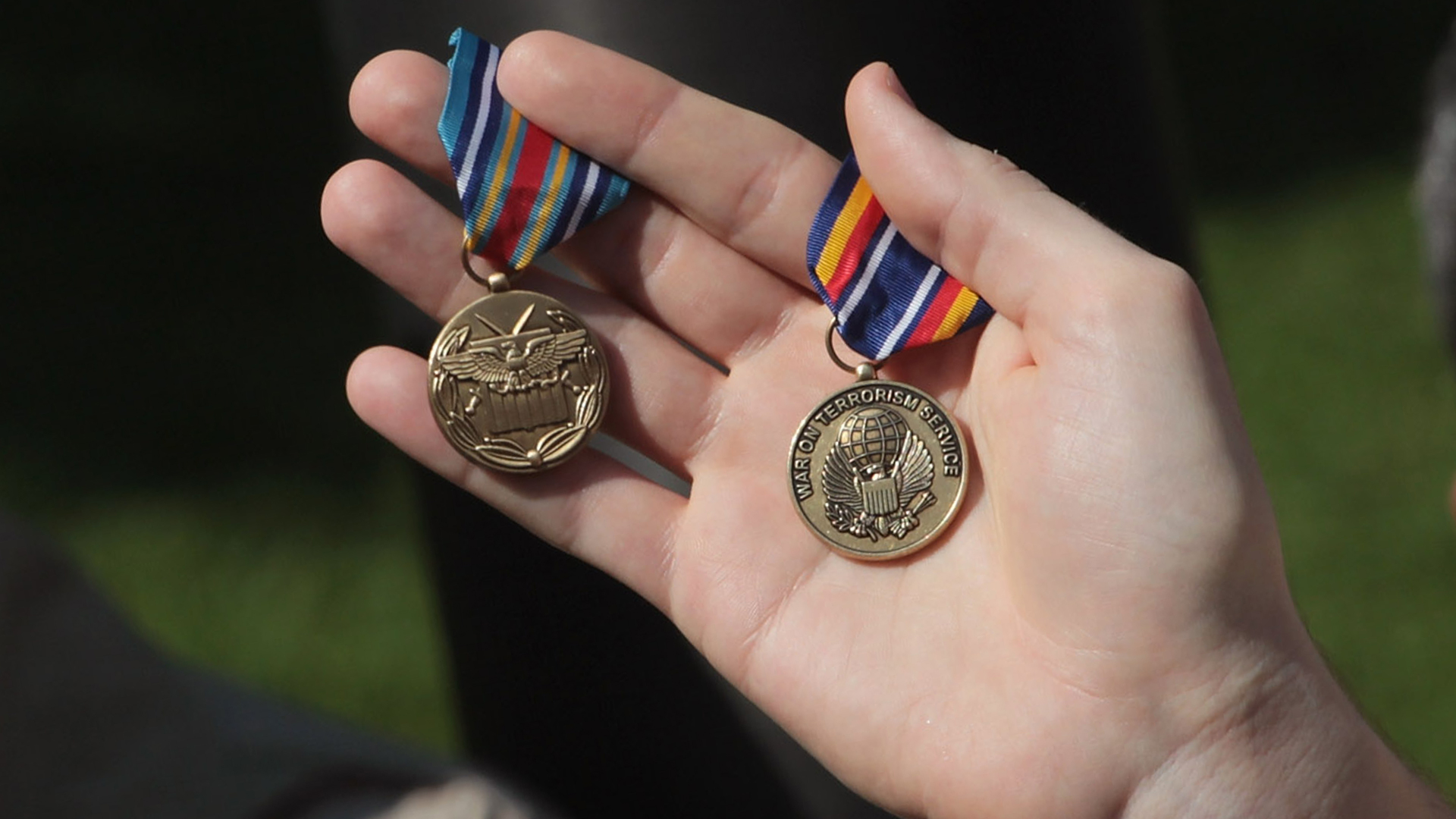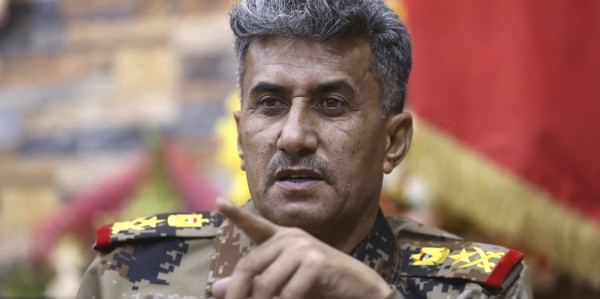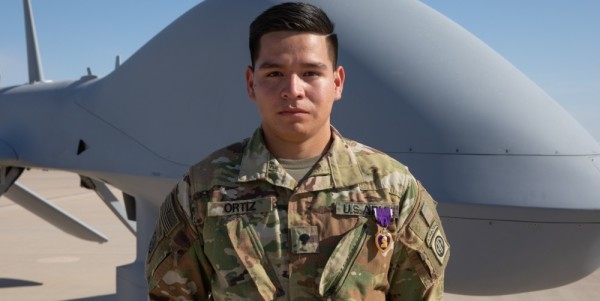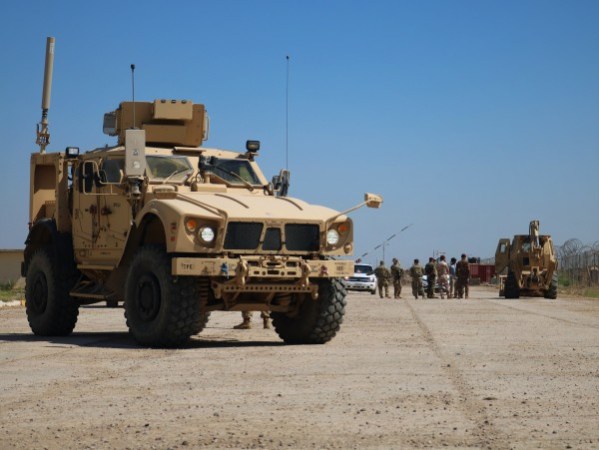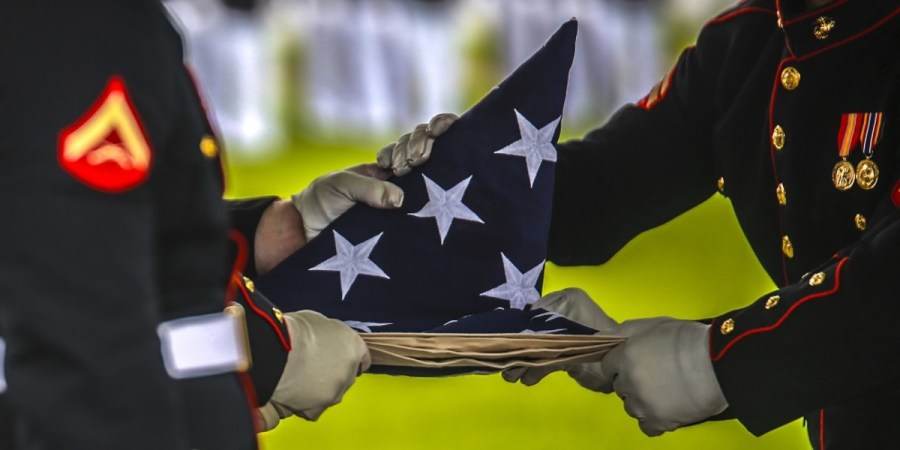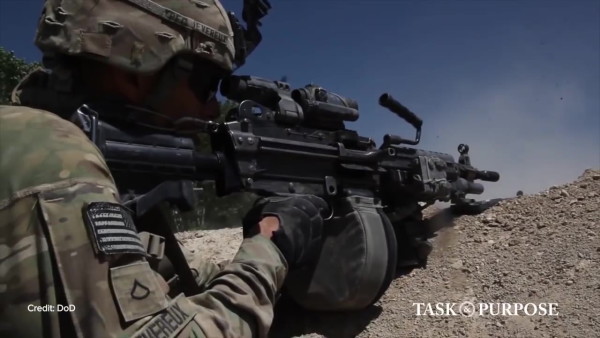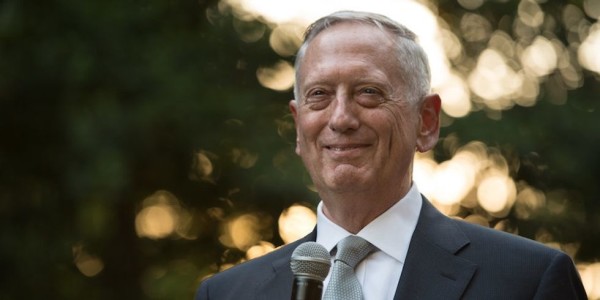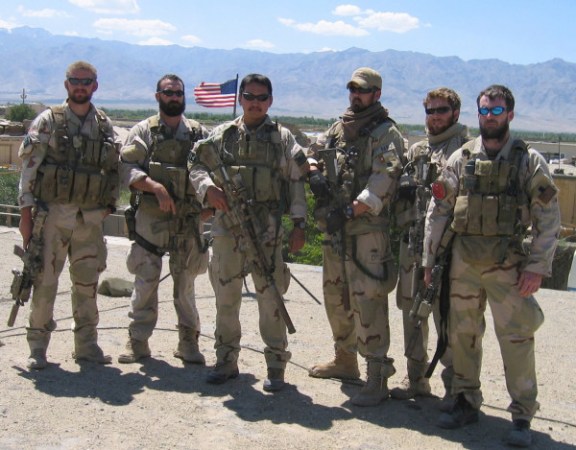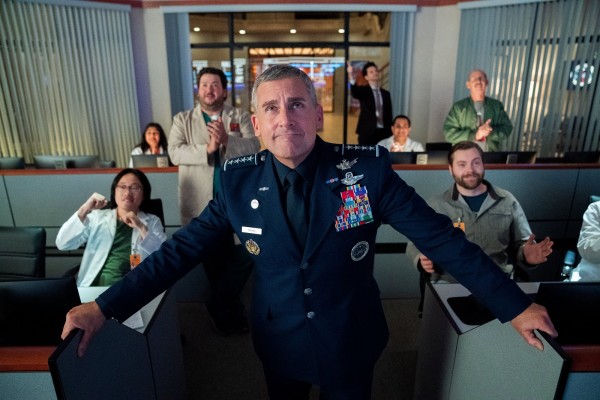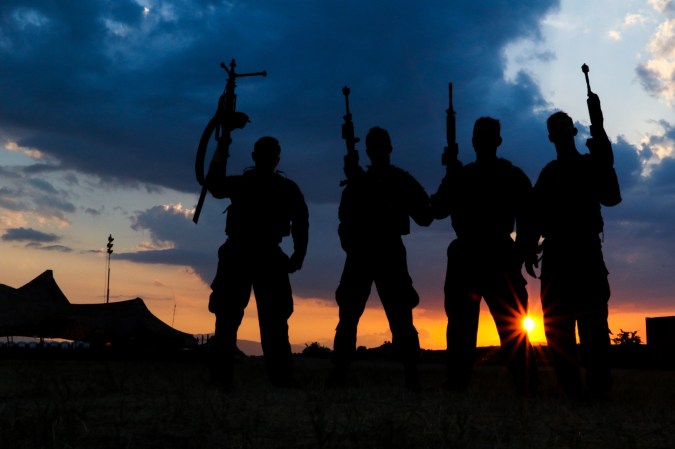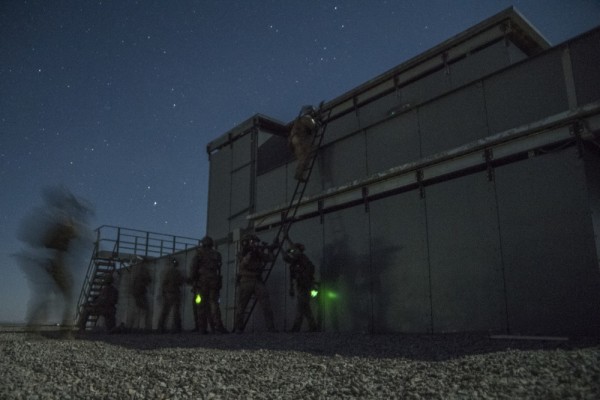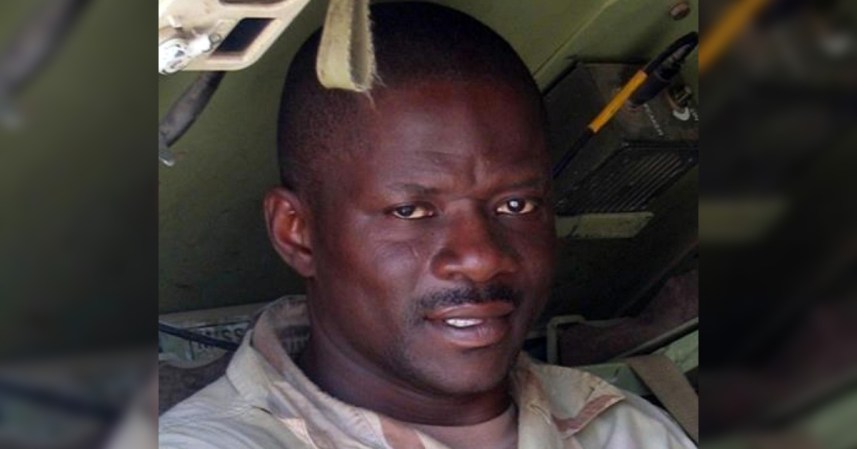For the past two decades, the Global War on Terrorism Service Medal has been the one military award that just about all service members could expect to receive regardless of whether they’ve fought terrorists or not.
Established in 2003, the medal is meant to recognize all active-duty, National Guard, and Reserve service members mobilized since Sept. 11, 2001. In essence, the military has given the award to service members who have served on active duty for 30 consecutive days or 60 nonconsecutive days, making the medal just as ubiquitous as safety belts, chewing tobacco, Rip Its, and other hallmarks of the Global War on Terror.
But the times, they are a changin’, and soon far fewer troops will be eligible for the award.
Starting this Sept. 11, only troops who spend at least 30 days assigned to a unit taking part in a dedicated counterterrorism operation will be eligible to receive the Global War on Terrorism Service Medal, said Army Maj. Charlie Dietz, a Pentagon spokesman. That means service members will have to deploy on orders for a designated counterterrorism operation, or they will have to directly support such an operation on a full-time basis while assigned to an organization conducting a counter-terrorism operation to get the award.
Subscribe to Task & Purpose Today. Get the latest military news, entertainment, and gear in your inbox daily.
“DoD made the decision based on the withdrawal of U.S. combat troops from Afghanistan, and the mission in Iraq now being advise/train/assist and to conduct counterterrorism missions as they arise,” Dietz told Task & Purpose.
Because combat operations in Iraq have ended, the Inherent Resolve Campaign Medal has only been available to U.S. troops serving in Iraq since July 1, Dietz explained. Those American service members deployed to Iraq for Operation Inherent Resolve can still receive the Global War on Terrorism Expeditionary Medal.
For most U.S. service members, the changes to the Global War on Terrorism Service Medal’s criteria will mean that their ribbon racks will be a little lighter. But that is not an entirely unwelcome development.
In an October 2021 commentary for Task & Purpose, Marine veteran Austin Dahmer argued that it was time for the military to stop awarding the medal in part because the massive counterterrorism and counterinsurgency campaigns in Afghanistan and Iraq had ended.
“By ending the practice now, while the military and the larger national security establishment are still mostly in a moment of strategic inflection, it can preserve what honor and significance remain intrinsic to the GWOT Service Medal for those that have earned it, and show all the 19-year-old Marines, Sailors, Soldiers, Airmen, and Guardians that they face new challenges in the defense of the nation,” Dahmer wrote.
Now that the Defense Department is sharply curtailing how many Global War on Terrorism Service Medals that it awards, the Pentagon is tacitly proclaiming an end to the War on Terrorism itself. Yet, several hundred American troops remain deployed to Syria to combat the Islamic State group, and other American service members recently returned to Somalia to help fight Al-Shabaab.
While President Joe Biden’s supporters, such as Sen. Tim Kaine (D-Va.), argue that the United States is no longer in a permanent state of war, ISIS, Al Qaeda, and other terrorist groups remain on the field in Southwest Asia, the Middle East, and Africa.
The U.S. military will likely continue to conduct counterterrorism missions for the foreseeable future. It just won’t be handing out a certain medal like Ibuprofen anymore.
The latest on Task & Purpose
- Air Force colonel goes scorched earth on fellow officers in fiery resignation letter
- ‘I need a cleanup crew’ — Navy pilot describes crapping his pants at 30,000 feet
- Top Air Force scientist allegedly got a sex worker a military research job so he could have an affair
- Marine reservists deserve more respect
- Air Force pits helicopter pilots against Russian-made Hinds in rare mock battle
Want to write for Task & Purpose? Click here. Or check out the latest stories on our homepage.

